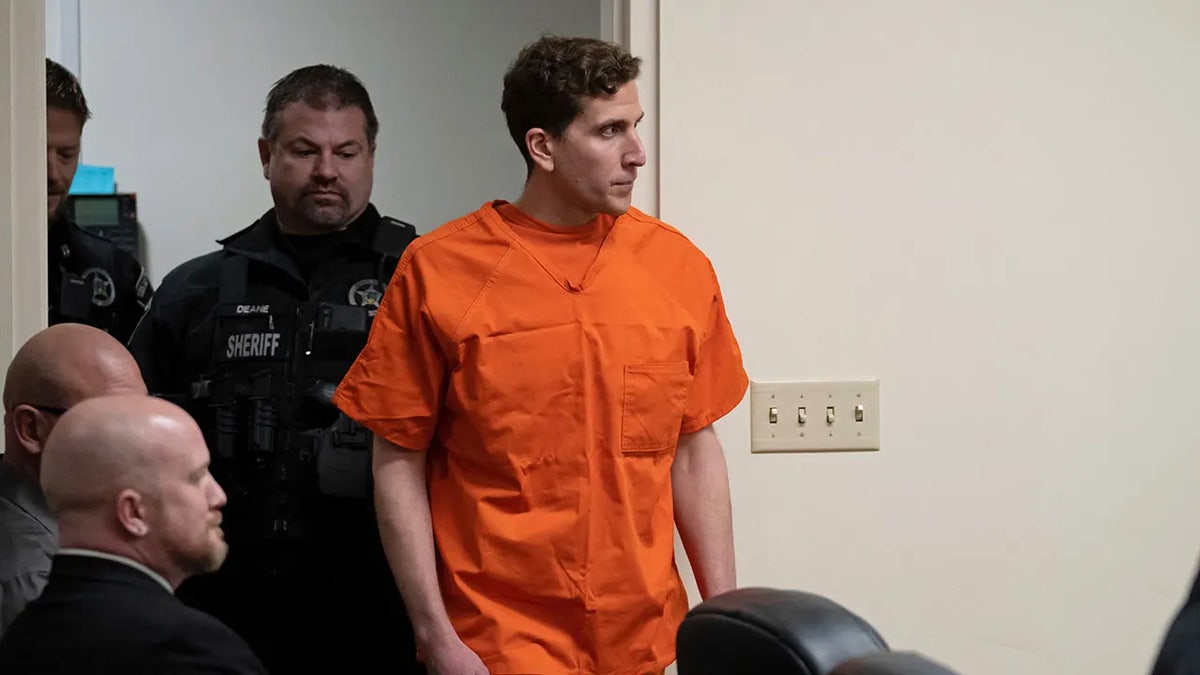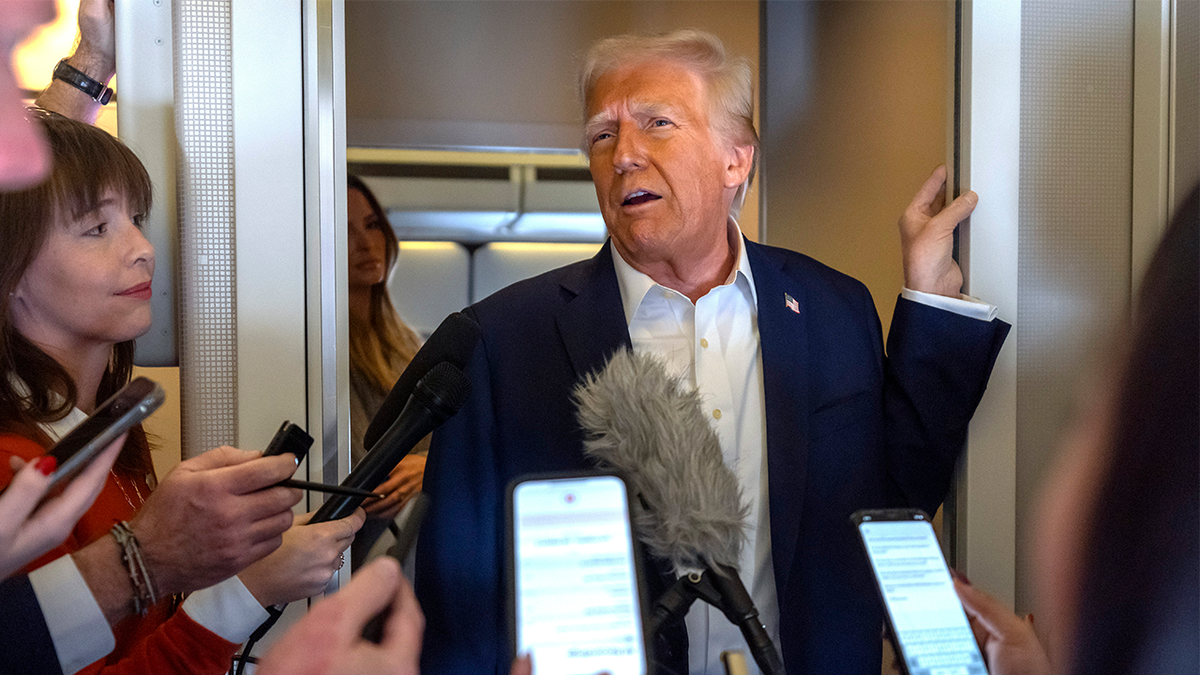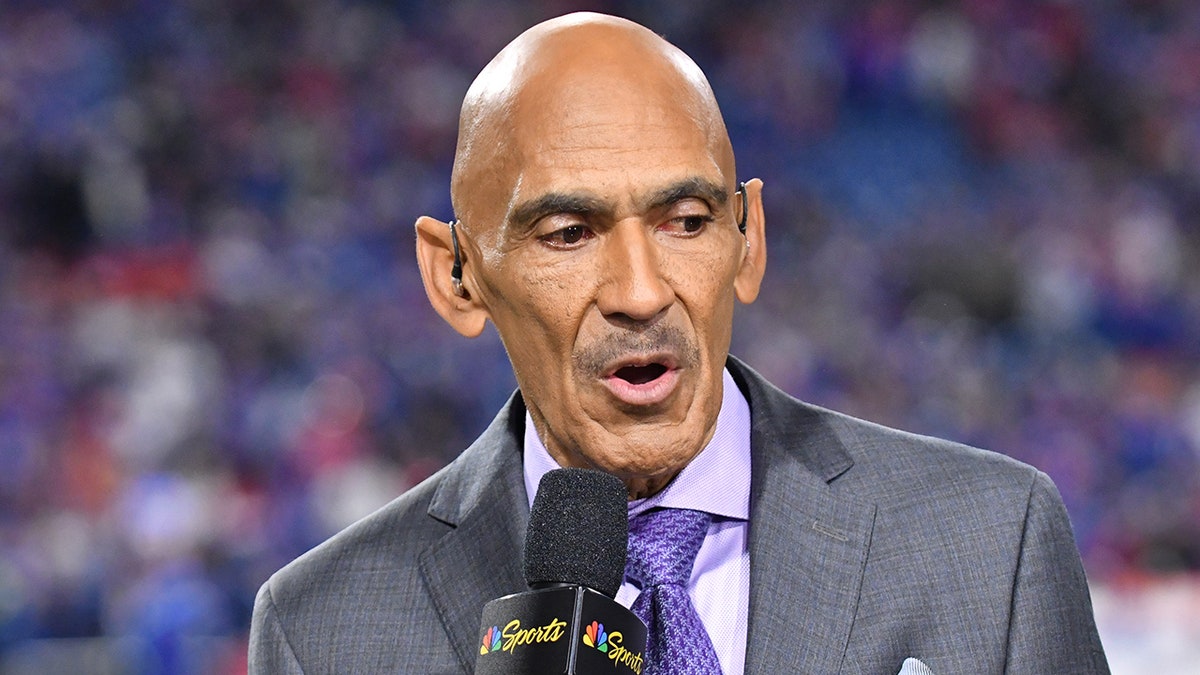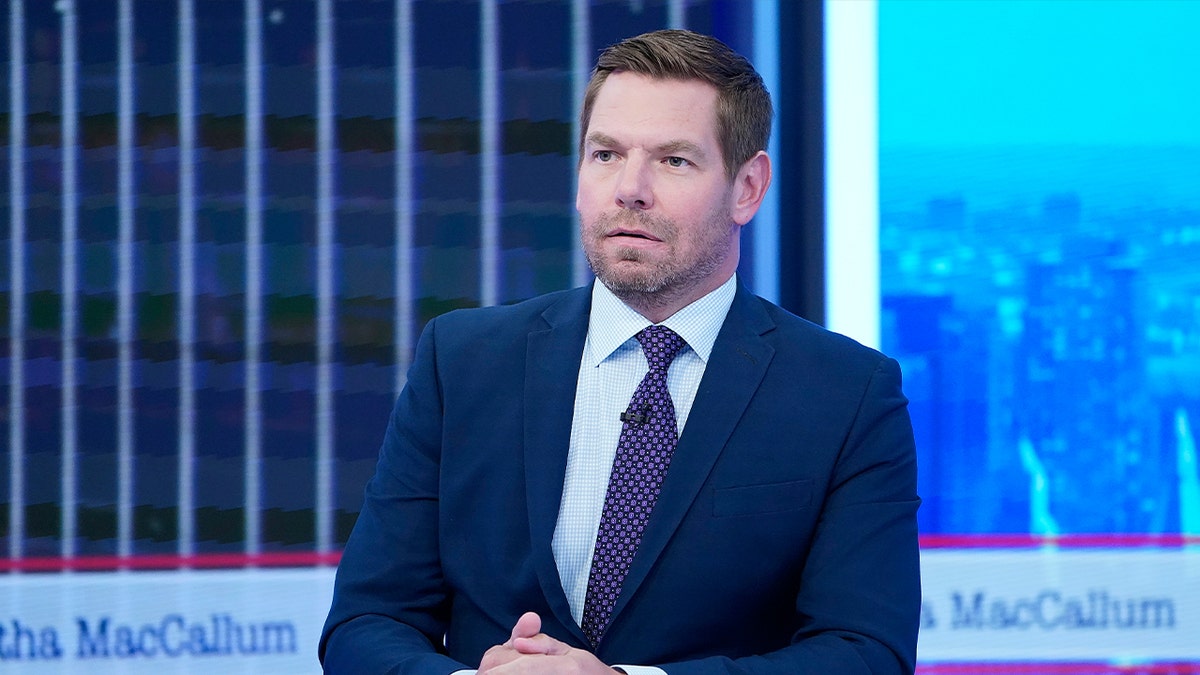Amidst political negotiations and military strategies surrounding the Russia-Ukraine conflict, a critical dimension often overlooked is the spiritual narrative fueling the conflict. Representatives of the Orthodox Church of Ukraine (OCU) recently visited the United States, highlighting the religious motivations underpinning Russia's actions.
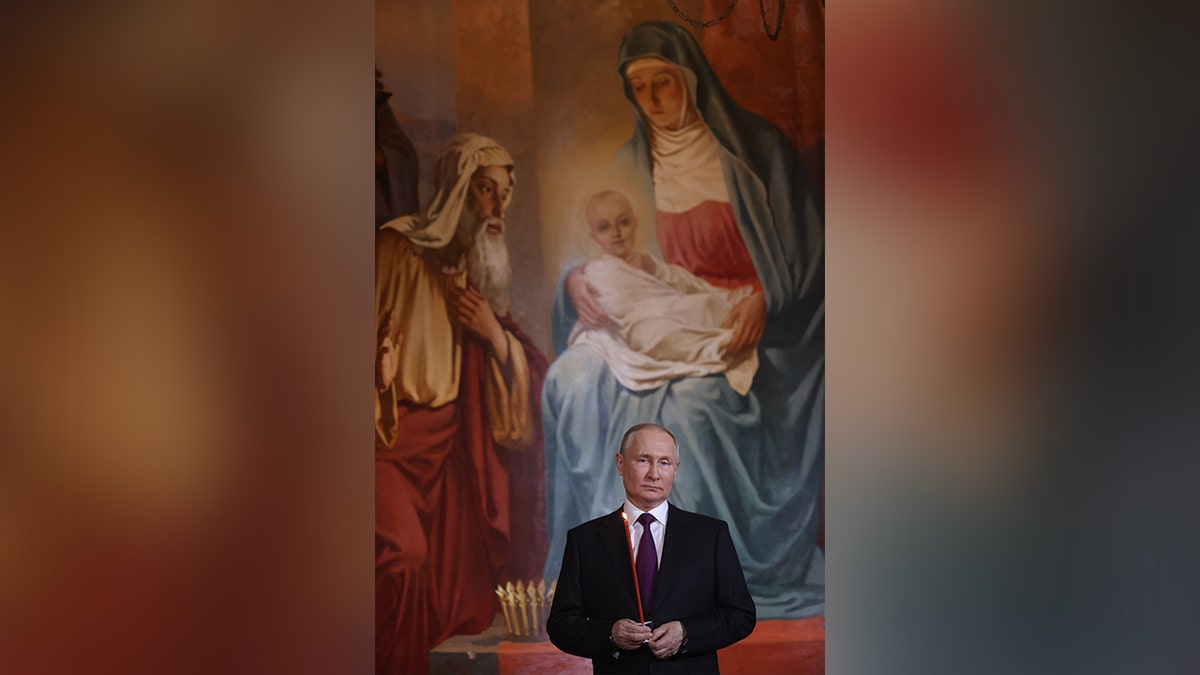
Metropolitan Yevstratiy, a prominent figure within the OCU, suggests Russia views the conflict as a righteous crusade against the perceived godlessness of the West. This perspective, echoed by other observers, paints the Russian Orthodox Church as closely aligned with the Kremlin, acting as a tool to advance political agendas. George Weigel, a respected Catholic intellectual, argues that Russia's justifications for the war have evolved into a narrative of defending Christian civilization.
Metropolitan Yevstratiy recounted how Patriarch Kirill of Moscow promised paradise and forgiveness to Russian soldiers who die fighting in Ukraine – a message that resonates more with political ideology than traditional Christian teachings. This spiritual dimension adds a layer of complexity to the conflict, especially considering the historical ties between the Ukrainian and Russian Orthodox Churches. The Ukrainian Orthodox Church gained independence from the Russian Orthodox Church in 2019, a move that sparked significant controversy and was rejected by Moscow.
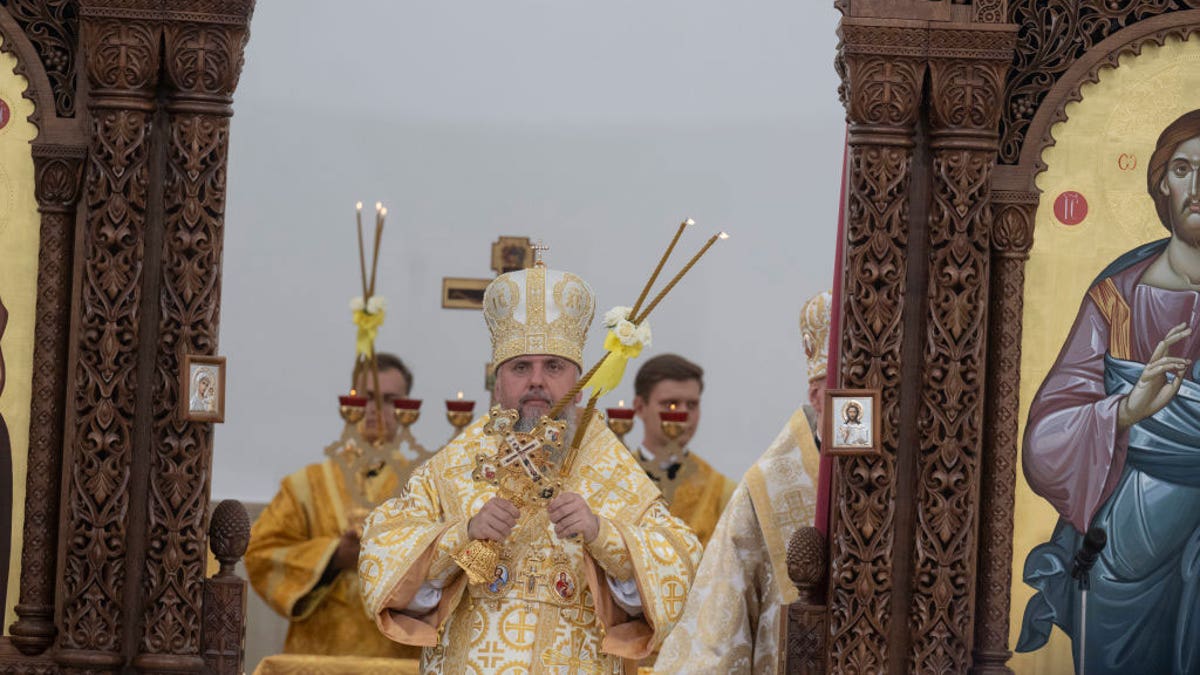
Furthermore, Yevstratiy suggests Putin's ambitions extend beyond geopolitical goals. He posits that Putin envisions Moscow as the "Third Rome," the center of true Christianity, potentially casting other Christian denominations as heretical. Understanding this religious context is crucial, as it delves into the historical roots of Christianity, particularly the Eastern Orthodox tradition, which traces its origins back to the apostles.
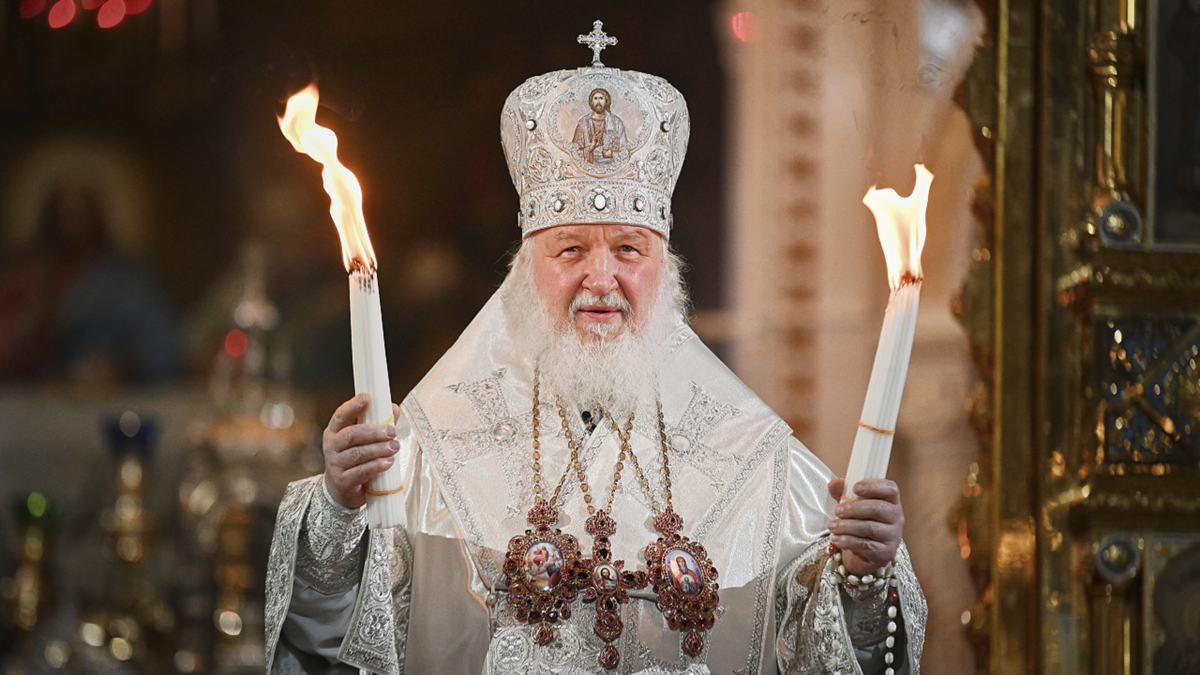
The OCU representatives attended the National Prayer Breakfast in Washington D.C., expressing their hope for peace and invoking God's blessings upon both Ukraine and America. This visit underscores the intersection of faith and international relations in addressing the ongoing conflict.

